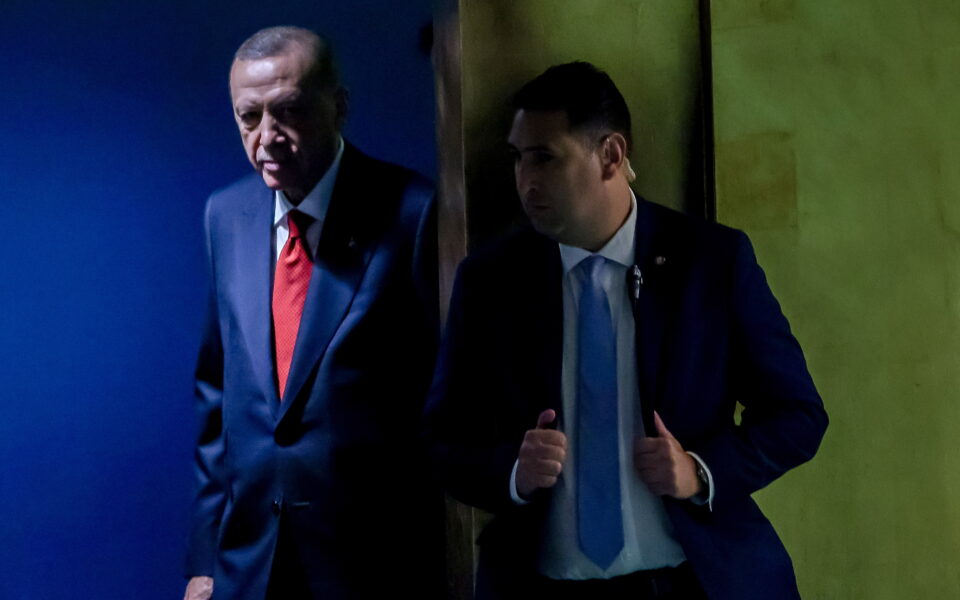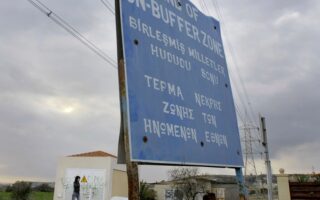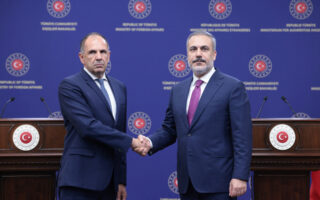Assessing Turkey

When you argue with someone – whether it is an innocent exchange of views, or a clash of substance – you must understand how important and influential that person is to handle them accordingly, as well as their weaknesses, in order to be able to exploit them if necessary. This can happen simultaneously with an effort to find potential common interests and goals that can lead to convergences.
The above remarks apply, of course, to politics as well as to relations between states.
In the case of Greece, the leading national issue, which takes on existential characteristics, is its relationship with Turkey. You don’t usually have differences and tensions with countries that are geographically distant, but with those you are close to and with those with which your destinies have been connected through history.
Of course, history is interpreted by each set of peoples through their own prism, creating special circumstances and different memories, which lead to claims, frictions, and sometimes even conflicts.
Greece and Turkey are neighbors. The geography will not change and neither will history. The regional environment within which we are called upon to coexist is a given.
Turkish President Recep Tayyip Erdogan’s confrontational relationship with the West is also well known. However, Turkey’s size, in terms of both land and population, as well as its geographic location, make it a regional player that cannot be ignored, not even by those who are uncomfortable with its behavior. It is a reality and it is part of the wider and difficult equation that Greek diplomacy has to manage.
The geopolitical value of Turkey is confirmed these days by the interest – by other governments as well as the international media – in the views expressed by Erdogan during his presence in New York for the General Assembly of the United Nations, not only on developments that exclusively concern his country, but also global issues such as the enlargement of the Security Council.
Even Israeli Premier Benjamin Netanyahu, whose feelings about the Turkish president are well known, met with him on the sidelines of the UN General Assembly (it was their first meeting), thus acknowledging Turkey’s importance. The pragmatic Israeli prime minister overcame any personal opinions and annoyances to explore possibilities of convergence.
On the occasion of Greek Premier Kyriakos Mitsotakis’ meeting with Erdogan in New York, we rightly focus on the bilateral relationship, the problems and the different approaches and attitudes. However, the role of Turkey, as it is perceived by the rest of the world – allies and rivals – who focus on serving their own interests, makes the puzzle that Athens has to solve much more complex, and we must take this into account when analyzing our relationship with our neighbor and considering our next steps.





